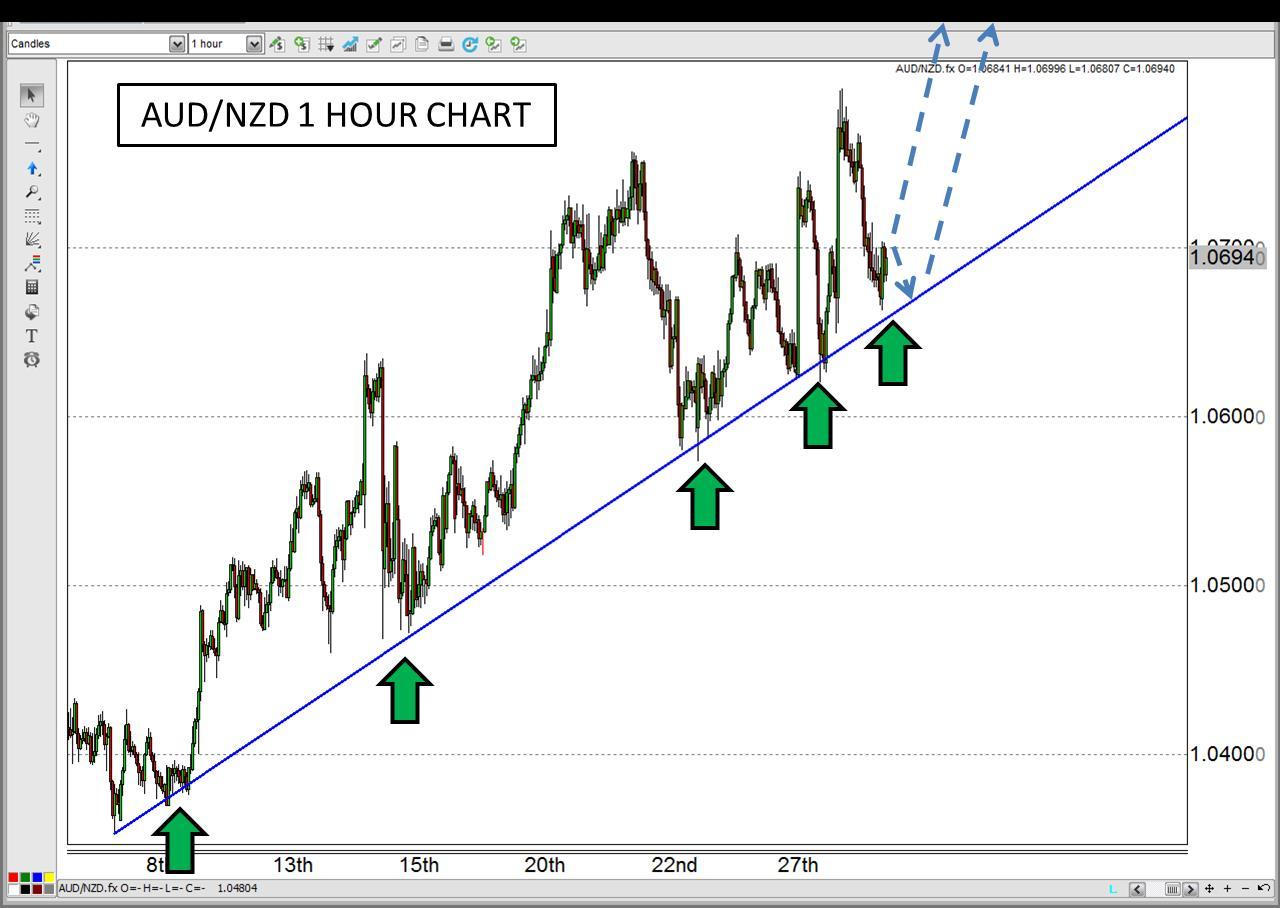![]()
The commodity currencies of Australia and New Zealand have really been abused of late as their central banks have leaked that they could be cutting interest rates or backed away quickly from a hawkish stance respectively. When viewing the context of the decisions to lean more dovish for both nation’s central banks -- falling milk prices, falling oil, falling copper, Eurozone Quantitative Easing, a slowing China, etc. -- it makes complete sense for them to do so. Maintaining an aggressive policy when the world is crumbling around you is akin to whistling past the graveyard during a new moon at midnight with the power out during a zombie outbreak; it will probably end badly. The European Central Bank is still trying to recover from the premature interest rate rises Jean Claude Trichet (wow, I haven’t typed that name in a while) instituted in 2011; actions that were immediately undone by Mario Draghi upon his ascension to the chair.
This is the type of situation Australia and New Zealand find themselves in, the economies they rely upon more than any others are struggling to produce enough to maintain the status quo, but they had slightly hawkish leans. To mitigate that, both central banks are preparing for a worst case scenario by preparing their own people, and the world, for potential upcoming actions. Those actions could weaken their currencies dramatically over the next few months as the currency wars drag on and the battle of currency devaluation spreads.
The Reserve Bank of New Zealand had the first chance to cut rates yesterday, but they passed, so the first act goes to the Reserve Bank of Australia. If we are to believe the leaked rumors in Australian press, the RBA will be cutting rates next week, and the expectations by traders will likely be overwhelmingly of that belief. However, RBA Governor Glenn Stevens has been known to verbally intervene in the past, mentioning several times over the last few years that the AUD/USD is overvalued, effectively thwarting its advance, but the RBA rarely delivered anything of substance therafter. Could this be another form of that type of jawboning from Stevens?
If that were the case, AUD traders may be quickly squeezed out of their positions, none more so than against their neighbor, New Zealand, who already established their dovishness. If this type of scenario were to play out, the AUD/NZD sets up pretty well with a rising trend line near current prices, and despite the RBA cut rumors, continues to establish higher highs and higher lows.
Figure 1:
Source: www.forex.com
Recommended Content
Editors’ Picks
EUR/USD holds above 1.0750 to start the week

EUR/USD trades in positive territory above 1.0750 in the European session on Monday. The US Dollar struggles to find demand following Friday's disappointing labor market data and helps the pair hold its ground.
GBP/USD edges higher toward 1.2600

Following Friday's volatile action, GBP/USD pushes higher toward 1.2600 on Monday. Soft April jobs report from the US and the modest improvement seen in risk mood make it difficult for the US Dollar to gather strength.
Gold rebounds above $2,310 after downbeat NFP data, eyes on Fedspeak

Gold price trades in positive territory above $2,310 after closing the previous week in the red. The weaker-than-expected US employment data have boosted the odds of a September Fed rate cut, hurting the USD and helping XAU/USD find support.
Addressing the crypto investor dilemma: To invest or not? Premium

Bitcoin price trades around $63,000 with no directional bias. The consolidation has pushed crypto investors into a state of uncertainty. Investors can expect a bullish directional bias above $70,000 and a bearish one below $50,000.
Week ahead: BoE and RBA decisions headline a calm week

Bank of England meets on Thursday, unlikely to signal rate cuts. Reserve Bank of Australia could maintain a higher-for-longer stance. Elsewhere, Bank of Japan releases summary of opinions.
